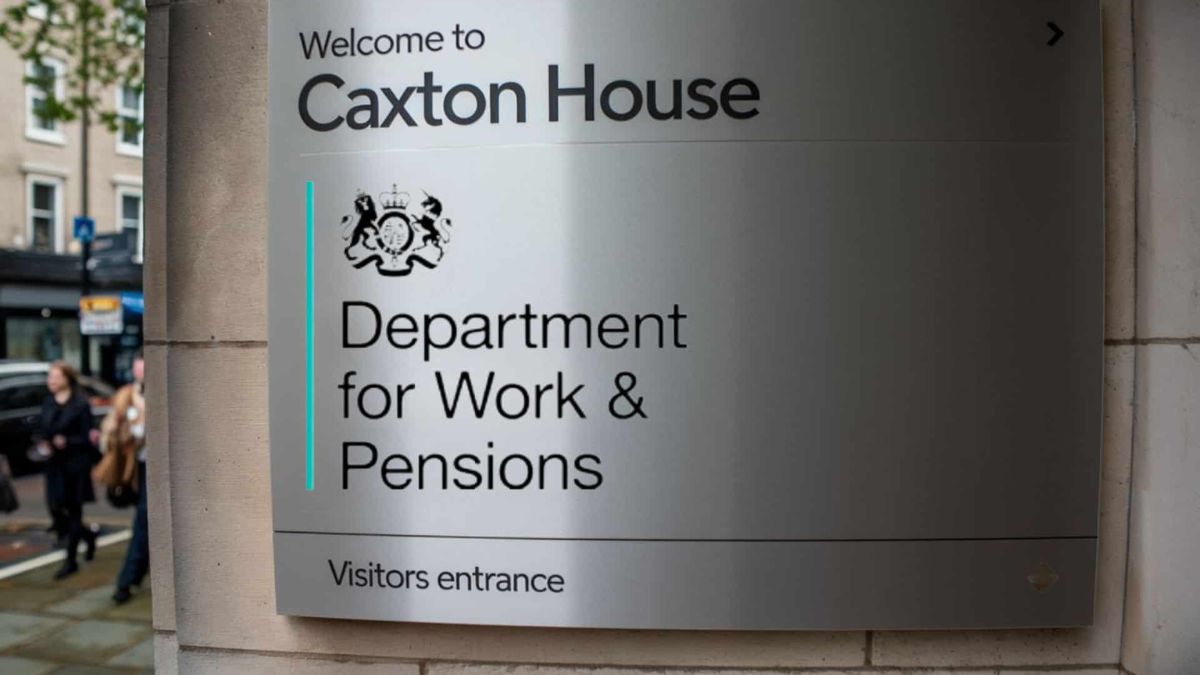The Department for Work and Pensions (DWP) has confirmed that millions of UK pensioners will receive a £310 one-off payment in 2025. This targeted support comes at a time when rising energy costs, food prices, and general inflation continue to weigh heavily on those living on fixed incomes.
Unlike permanent pension increases, this measure is a one-time cost-of-living boost designed to help vulnerable groups manage essential expenses. Here’s everything you need to know about who qualifies, how it will be paid, and what it means for your benefits.
Why the Government Is Offering the £310 Payment
The UK government has been under increasing pressure to address the cost-of-living crisis, particularly for pensioners who rely solely on the State Pension and small private savings.
While benefits such as the Winter Fuel Payment and Pension Credit already exist, many older citizens still struggle to cover heating, food, and rent. By introducing this £310 top-up, the government aims to:
- Provide direct relief for low-income pensioners.
- Ease the burden of high utility and grocery bills.
- Prevent older people from falling into debt during the winter months.
It is important to note that this is not a permanent increase in the State Pension but a short-term intervention.
Who Can Receive the £310 Boost
The eligibility criteria for the £310 payment closely mirror previous cost-of-living payments offered in recent years. Pensioners will qualify if they are receiving any of the following during the assessment window (dates to be confirmed by the DWP in early 2025):
- Pension Credit
- Attendance Allowance
- Disability Living Allowance (DLA) for pensioners
- Personal Independence Payment (PIP) for pensioners
- Carer’s Allowance (if providing care to another pensioner)
This wide eligibility ensures that support is not limited only to those on Pension Credit but also reaches households with additional needs.
The Main Gateway to the £310 Payment
For most pensioners, the primary route to receive the payment will be through Pension Credit.
- Single pensioners with a weekly income below £218.15 qualify.
- Couples with a weekly income below £332.95 qualify.
Crucially, many pensioners who have never claimed Pension Credit may still be eligible. By applying before the government’s cut-off date, they can unlock not only the £310 payment but also other entitlements tied to Pension Credit, such as:
- Free NHS dental treatment.
- Council Tax reductions.
- Access to Warm Home Discount schemes.
How and When Payments Will Be Made
The DWP has confirmed that pensioners do not need to apply separately for the one-off payment.
- Automatic payments will be made to those already on qualifying benefits.
- Funds will be deposited into the same bank account used for State Pension or benefits.
- Payments are expected to roll out between July and October 2025.
Bank statements may show the payment under references such as “DWP COLP” or “DWP Payment.”
For pensioners without direct deposit, cheques may be issued, though this could take longer.
Impact on Other Benefits
One of the most important features of the £310 support is that it is completely tax-free and will not reduce other entitlements.
This means pensioners can accept the payment without worrying about losing access to:
- Housing Benefit
- Council Tax Reduction
- Winter Fuel Payment
- Cold Weather Payment
The DWP has stressed that the one-off support is exempt from benefit interactions, ensuring maximum relief for recipients.
Avoid Missing Out on the Payment
To ensure that no pensioner misses out on the £310 support, here are the key steps:
- Check eligibility through the government’s online Pension Credit calculator.
- Apply early for Pension Credit if you qualify. Applications can often be backdated.
- Update your bank details with the DWP to avoid payment delays.
- Confirm marital or household changes with the DWP to keep records accurate.
Failure to update details or late applications may cause delays or missed payments.
Why This Payment Matters in 2025
The £310 one-off support may not sound like much, but for pensioners on tight budgets, it can mean the difference between paying heating bills in full or cutting back on groceries.
For example:
- A single pensioner with limited savings might use the extra £310 to cover winter heating, ensuring they don’t risk health issues from living in cold homes.
- A couple relying solely on State Pension could stretch their food budget, avoiding reliance on food banks.
The government estimates that millions of households will benefit, providing a vital cushion during a challenging economic year.
Broader Context – Cost-of-Living Support
The £310 one-off payment is part of a wider package of measures introduced by the UK government in recent years. These include:
- Energy Price Guarantee extensions.
- Cost-of-Living Payments for low-income households.
- Winter Fuel Allowances targeted at older citizens.
Together, these schemes form a safety net designed to prevent pensioners from slipping into poverty.
Long-Term Outlook
While the £310 payment provides short-term relief, many experts argue that the State Pension system requires more sustainable reforms.
Campaigners continue to push for:
- A higher Pension Credit take-up rate (currently, thousands of eligible pensioners do not apply).
- A review of the triple lock policy amid inflation.
- More permanent cost-of-living adjustments to prevent year-to-year uncertainty.
The government has not ruled out future one-off payments but maintains that this 2025 measure is temporary.
5 FAQs
Q1: Who is eligible for the £310 DWP pensioner payment in 2025?
Pensioners receiving Pension Credit, Attendance Allowance, DLA, PIP, or Carer’s Allowance are expected to qualify.
Q2: Do I need to apply for the £310 payment?
No. Payments will be made automatically to eligible pensioners. However, applying for Pension Credit before the deadline may secure eligibility.
Q3: When will the payments be made?
Between July and October 2025, directly into the pensioner’s bank account.
Q4: Will the payment affect other benefits?
No. The £310 payment is tax-free and does not impact other entitlements.
Q5: How can I avoid missing out?
Check your eligibility, apply for Pension Credit if needed, and ensure your bank and personal details are up to date with the DWP.










